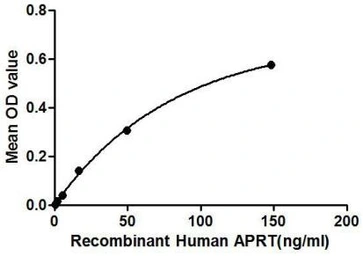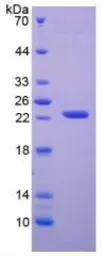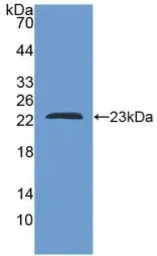Human APRT protein, His tag
Cat. No. GTX00157-pro
Cat. No. GTX00157-pro
-
ApplicationsFunctional Assay
-
SpeciesHuman


